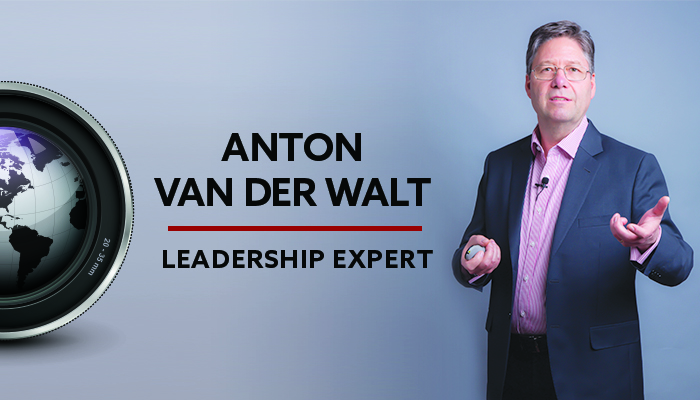Want to become a sought-after HR Leader? – Do these 7 Things immediately
A key finding in the PWC Global CEO survey states that CEO’s think it is the end of HR as we know it. In fact, seven out of 10 CEO’s in Australia and 60% globally agree that they are re-thinking the HR function. There will be a significant level of workplace upheaval ahead and according to the CEO’s surveyed they see reshaping the HR function as a way of providing a competitive advantage.
Most HR people are dragged down by transactional work, while wishing they could just do more rewarding and satisfying work. Often HR people are stuck handling disputes, command and control policies, and do the same thing over and over again. All with limited value-add.
Many HR people wish that their circumstances would change. However, conditions do not change magically. In spite of this, few HR people pro-actively implement measures to create a highly rewarding and impactful career.
You can become one the of the few, who do not just wait for things to change. You can pro-actively improve your own circumstances, and at the same time become a highly valuable and sought-after HR leader. All of this is entirely within your control. To become the best version of yourself, to have a positive impact on others’ lives, and to build your HR capability, requires no additional courses, lectures or classes.
Here is how:
- Focus on the bottom line, understand the numbers
It is important to understand the HR numbers. The budget, the opportunities or what cost to cut. It is, however, essential to also understand the business’s numbers. Interpret the financial and sales data. It is not possible to have a conversation on an equal basis with the CEO or CFO if you do not understand the data. I cannot stress this point enough – this is where successful HR leaders have an impact on business decisions – having an equal conversation.
- Become Tech savvy
You have to be tech savvy beyond HR systems. We have moved into Artificial Intelligence and Cognitive Technologies. There is so much progress in this field, and those HR leaders that do not embrace AI will most certainly be left behind. AI is not the future of the workplace, it is the present. It is happening all around us. AI will transform key dimensions of HR, such as HR Operations, Talent Acquisition, and Talent Development.
But here is the thing, do not spend all your time and resources on the next best AI technology available. Great HR leaders understand that AI is just support and then deploy it without overdoing it.
- Invest time in your own learning
How much of your “off” time do you spend on life-long learning? Most people do not spend a good proportion of their off time reading and learning about new technology, methodologies, and ideas that teaches something new. Limit the consumption of social media, as time spent on social media is time lost and you gain very little.
Make time to share what you learn, your new thoughts, and opinions. Become a leader- teacher, and I guarantee you, this way you will learn much more than you ever thought you would.
- Run to the fire
When you see an area that is in need of help, you need to find ways to provide whatever support is needed to resolve the issue. Do not settle for actions you’ve traditionally implemented, because it is a comfortable space. The opportunity to be innovative will always be there. Great HR leaders see this and will take these opportunities, even with a calculated risk.
- Get to know the world outside HR
HR people who genuinely add value are like the glue holding the organization together. They know their function, and they keep their eyes on the organization’s output. They look to support outside of the traditional HR confines. HR people are uniquely positioned as they have a broad perspective of the entire organization. Why not use this opportunity to positively impact the business?
- Be courageous, have those difficult conversations
Every HR professional will find themselves in a situation where they will have to take a stand. It takes great courage to hold the mirror and have those difficult conversations. With your position comes the responsibility to have these robust discussions. If you do not do it, who will?
- Recognize the potential in your position
Do not play it safe. Everyone else does. Great HR leaders recognize that with their position comes responsibility. They put themselves squarely in the business. They counsel when decisions have potentially adverse consequences, and are not afraid to be held accountable. Moreover, the HR position comes with power and influence. It is easy to command and control from a vantage point of policies and procedures. This is power. Great HR leaders understand the difference between their influence and their power. Influence is more sustainable and builds long-lasting credibility.
Are you implementing these 7 Things?
How do you support your organizations’ change efforts?
Do you inspire and engage your customers and your teams?

